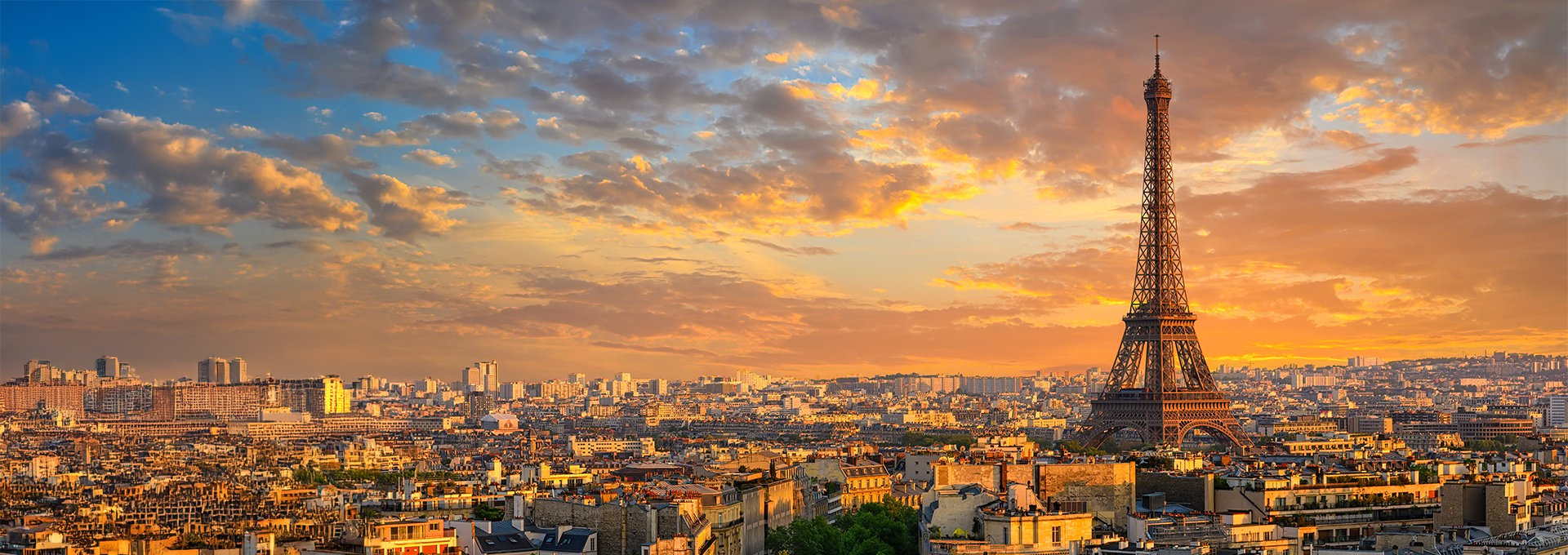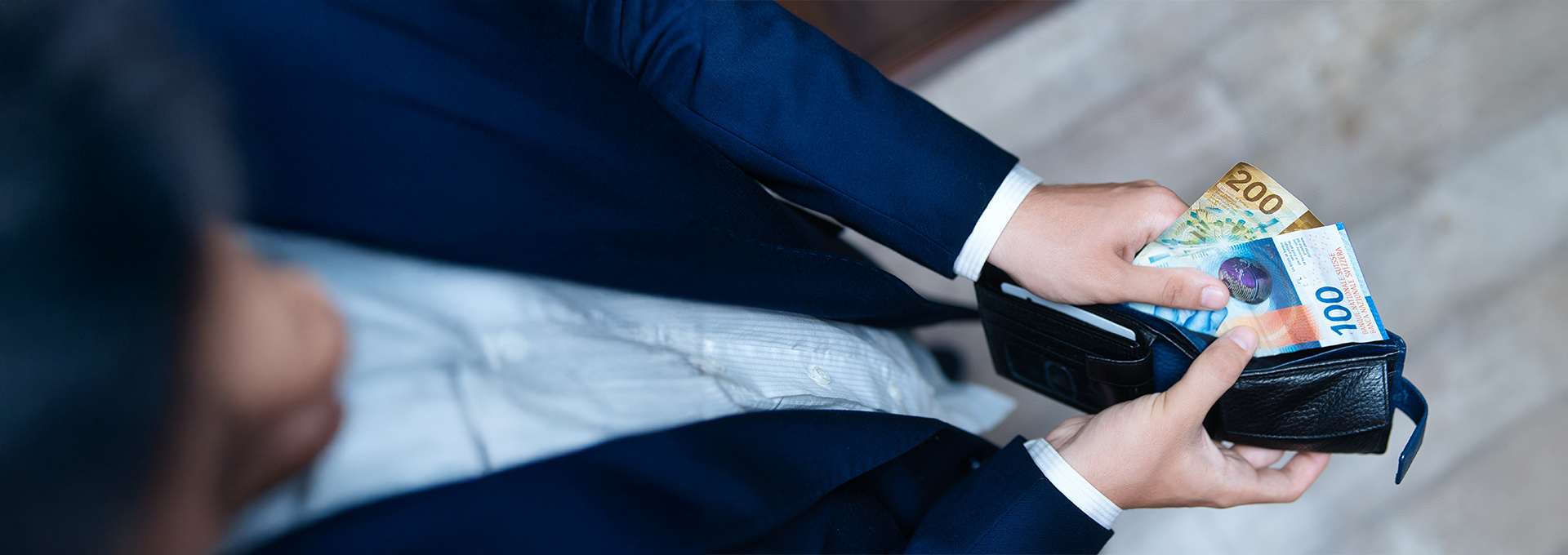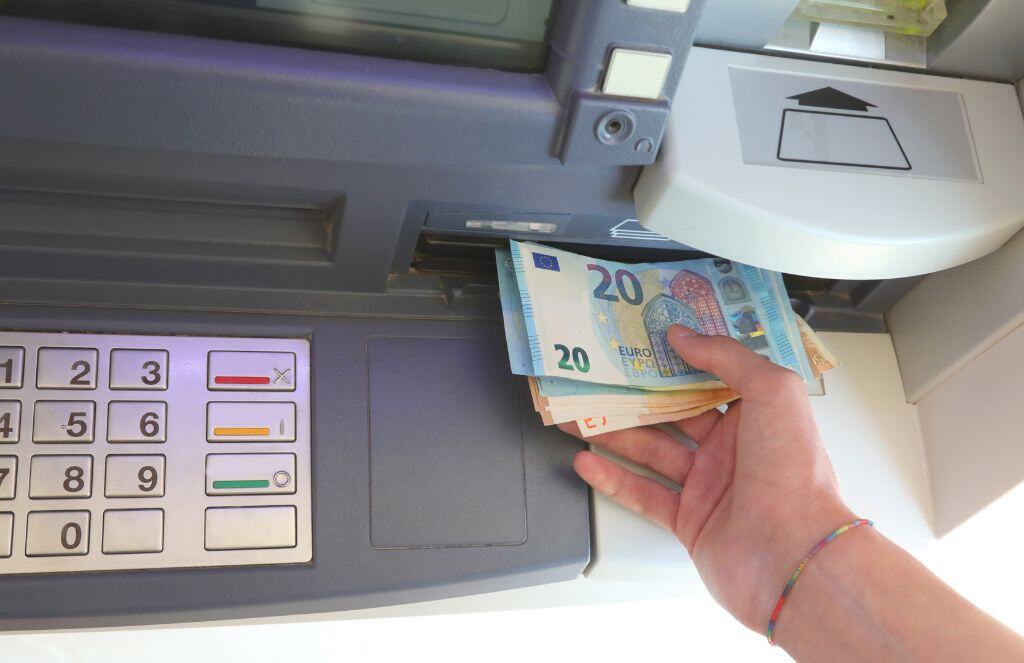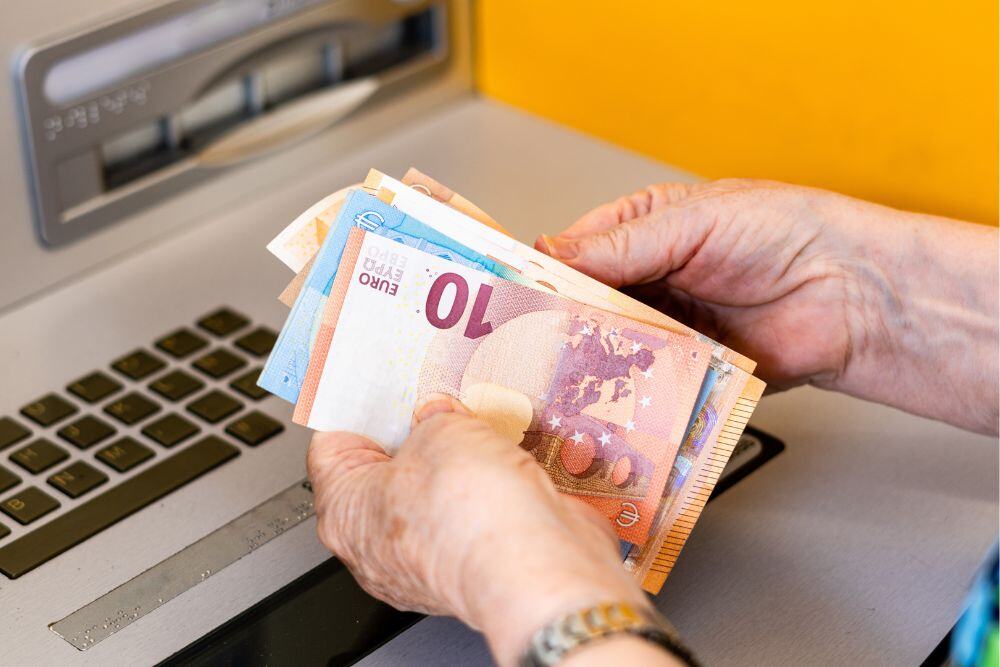ATMs in Belgium - Can I Use My Australian Debit & Credit Cards in Belgium?
With its enchanting streets, historic buildings, and, of course, world-famous chocolate, it's no wonder why Belgium is at the top of most must-visit lists. But with so much to see, do, and buy, what happens when you run out of money on your Belgium trip?
At Crown Currency Exchange, we know that you want to spend more time enjoying your holiday and less time worrying about having enough cash on you. That's why we've put together this ultimate guide to using ATMs in Belgium. We'll explore whether it's possible to use your Australian cards in a Belgian ATM, the fees and whether it's best to take cash with you.
Safety and Security Tips for Using ATMs in Belgium

It's really important that you remain vigilant when using an ATM in Belgium, just as you would anywhere else in the world. This isn't because Belgium is a particularly dangerous place, but both your cash and your identity can be at risk if you're not following certain safety precautions.
Consider the Location
The first thing we recommend is to choose an ATM in a well-lit, busy area. Cash points inside bank branches or in shopping malls are ideal for this, as security in these areas will be higher, and the busyness will likely put off any would-be thieves.
Similarly, you should keep a close eye on your surroundings while you're using the ATM. Don't engage with anyone you don't know, as scammers may attempt to distract you or engage in conversation to try and steal your PIN. You should also avoid using headphones or your phone while at an ATM, as the distraction they cause can make you a target for theft.
Inspect the ATM
You should also inspect the ATM before you use it, looking for signs of damage, tampering, or skimming devices. Telltale signs include loose parts, unusual attachments, or anything else that seems out of place. Should you notice anything suspicious, don't use that ATM and report it to the authorities immediately.
Cover Your PIN
This goes without saying, but it's important that you shield the keypad with your hand or body as you enter it, as this will prevent anyone from being able to see or record it. Likewise, position your body so the screen is hidden from view - this is especially important if it's a touchscreen that requires your PIN to be entered on the display.
Secure Your Cash and Receipt
Once you've completed your transaction, quickly take your cash and your receipt from the ATM and store it somewhere secure, like a money belt or wallet. You should also avoid counting your withdrawn cash in full view, and it's a good idea to stay at the ATM until you're confident it isn't displaying any of your information and is ready for the next person to use.
Monitor and Report Suspicious Account Activity
After you're done, keep a close eye on your account for any suspicious or unauthorised payments. Any transactions that seem out of place should be reported to your bank, who will be able to investigate further and, if need be, freeze your bank card to stop it from being used without your permission.
What Should You Do if Your Card is Lost or Stolen in Belgium?
Accidents happen, even when you're on holiday, and if your card gets lost or is stolen, there are certain steps you need to follow to protect your finances and your identity.
The first thing you need to do is contact your bank or credit card company. Most banks have a dedicated number for lost or stolen cards, which is usually available 24/7, so call this and get your card frozen or cancelled. They'll also be able to issue a replacement card.
For cards that have been stolen, you'll also be required to file a police report. This will aid your bank or credit card issuer in processing any reimbursements and can be used should fraudulent charges be brought against the person who stole it.
Planning Tips for Your Trip to Belgium

A trip to Belgium takes careful planning, and doing so thoroughly means that you'll be able to enjoy every aspect of your holiday to its fullest. Here are some of our top planning tips:
Research Your Visa Requirements
While you don't need a visa to visit Belgium from Australia for business or personal travel, it's important to note that you cannot stay for more than 90 days in a 6-month period. Should you need to visit for longer, you'll need to apply for a "Type D Visa".
Plan Your Itinerary & Create a Travel Budget
Think about what you want to do while you're in Belgium and create a daily itinerary broken down into food, activities, and transport options. Once you've done this, you can create a daily travel budget that will dictate how much cash you need to take with you each day.
Have Cash Ready for Arrival
You'll make life much easier by having cash ready to use as soon as you arrive in Belgium. Having Euros to hand will mean you'll be able to grab a taxi to your accommodation, tip your taxi driver and hotel staff, and head straight out without worrying about exchanging money.
Get Travel Insurance
Nobody likes to think about unfortunate things that could happen when you're on holiday, such as lost luggage or medical emergencies, but taking out a travel insurance policy will give you peace of mind that you're financially covered in these situations.
Have the Numbers of Your Local Embassy
On that note, you should also have the numbers for the Australian Embassy in Belgium to hand. This is super important in case you lose your passport or need legal representation.
Get the Best Exchange Rates on Euros at Crown Currency
There you have it - everything you need to know about using cash machines in Belgium. The most important thing to note is that while you can avoid international access fees with some cash points, you will still be charged a fee regardless of whatever type of ATM you use.
However, you can avoid these fees altogether by creating a travel budget and exchanging your money before your trip. Head to Crown Currency Exchange, where you'll find the best rates on AUD to EUR without any commission fees or hidden costs. Visit one of our many locations today!
FAQs
Can I Withdraw Money from ATMs in Belgium?

First things first. Yes, it is possible to withdraw cash from ATMs in Belgium using an Australian card, but your card must be affiliated with a major international payment network, such as Visa or Mastercard. It's also a very good idea to check with your bank or card issuer before you travel to make sure your card is compatible with international cash machines.
There are also several different types of cash points in Belgium, each of which caters to different banking needs.
Bank-Owned ATMs
You'll find bank-owned ATMs within Belgian bank branches, such as KBC, ING, and BNP Paribas Fortis. Unlike some other countries throughout Europe, these ATMs aren't only available to bank customers, and cash withdrawals can be made using any card, even foreign debit cards. You will, however, be charged a transaction fee, which will differ depending on the card's country of origin.
International ATMs
Some ATMs in Belgium are part of an international network, such as Cirrus or Plus, and these allow users to withdraw cash using cards from most other countries in the world, including Australia. However, fee structures at these ATMs differ depending on which country the card has been issued by, so it's worth checking with your bank for information on specific fees.
Independent ATMs
These ATMs are not affiliated with any specific bank and are usually found in convenience stores, shopping malls, and other public areas. Transaction fees are typically higher at these cash points, but due to their convenient placement, they offer an easy way of getting cash when you're out exploring Belgium.
Drive-Thru ATMs
Some Belgian banks offer drive-thru ATMs, which are perfect if you've hired a car for your trip and need money on the go. As with all ATMs used for foreign transactions, you will have to pay a fee to use this type of ATM, but it's undoubtedly a very convenient way of getting cash.
What Are the ATM Fees and Charges in Belgium?

While you will be charged for using an Australian card to withdraw cash in Belgium, there aren't any specific fees, and the amount you'll pay will ultimately depend on your bank and the type of ATM you're using.
Top Tip: While there are ways to avoid ATM fees in Belgium, it's much easier to exchange money before your trip and take cash with you.
Should You Take Cash to Belgium?

While certain ATMs in Belgium allow you to withdraw cash without incurring an international access fee (namely Deutsche Bank and BNP Paribas Fortis), you will still be charged a fee for withdrawing cash, regardless of which type of ATM you use.
As such, it's best to take Euros with you to Belgium rather than withdrawing them when you arrive. We know that this can create a certain level of anxiety, but there are some things you can do to alleviate this during your journey and once you're in Belgium.
Firstly, keep your money on your person at all times throughout your journey. It can be tempting to stash it in your suitcase, feeling it'll be safer, but in the instance your luggage is lost, your cash will be lost with it! Use a secret money belt, wallet, or anything else you feel is secure enough to keep your cash safe with you.
Once you've arrived at your destination, it's also a good idea to utilise any security offered by your accommodation, such as a hotel room safe. You should only take as much out with you as you need for the day, keeping the rest of your cash securely stashed in your room.












.png)

